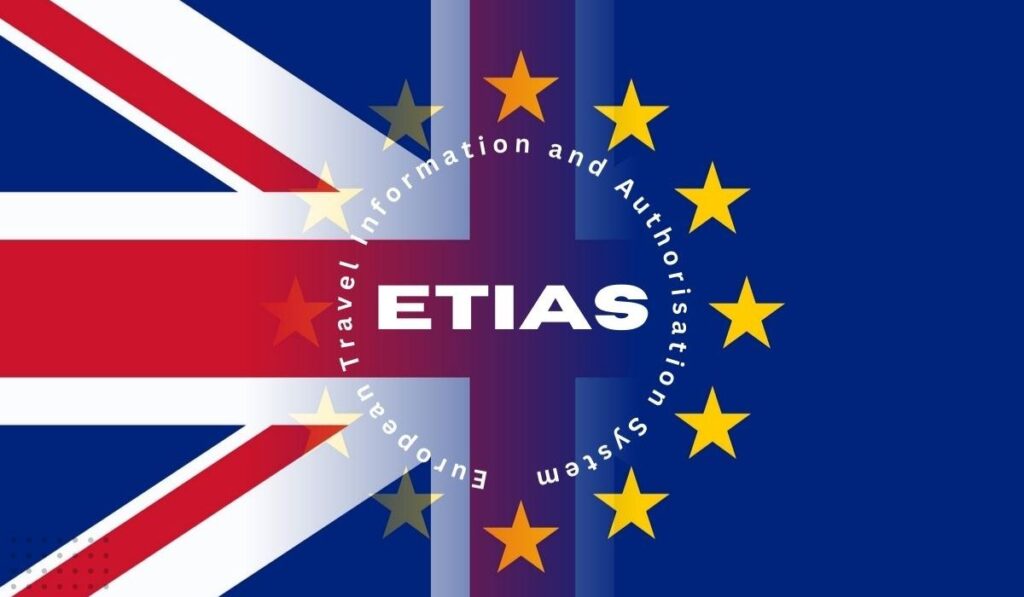
New EU Travel Rules in 2025: Biometric Checks and Visa Waivers for UK Citizens
Starting in 2025, UK citizens planning to travel to the European Union (EU) will encounter new entry requirements. These changes, which include biometric border checks and the introduction of a visa-waiver system, are part of the EU’s broader efforts to modernize its border security while streamlining travel processes.
Key Changes for UK Travelers
1. Biometric Checks with the Entry/Exit System (EES)
The EU’s Entry/Exit System (EES) is set to replace traditional passport stamping with digital biometric verification. Upon entering the EU for the first time after the system’s launch, travelers will need to:
- Scan their passport.
- Provide fingerprints.
- Have a facial photograph taken.
- Answer basic questions about their trip.
For subsequent visits within three years, or until the passport expires, travelers will only need to provide one biometric detail, such as a fingerprint or facial scan.
At airports, these checks will take place upon arrival, while those traveling by Eurostar, Eurotunnel, or ferry will undergo biometric processing on UK soil before departure. Drivers using ferries may be required to leave their vehicles for these checks, potentially causing delays at busy ports. To minimize waiting times, travelers can pre-register their biometric information via an app or self-service kiosks.
2. ETIAS Visa Waiver
The European Travel Information and Authorisation System (ETIAS) will also be introduced in 2025. This system requires UK citizens to obtain an ETIAS visa waiver for short-term stays of up to 90 days within a 180-day period in the Schengen Area.
Key details about ETIAS:
- Cost: €7 (approximately £6).
- Validity: Three years or until the passport expires, whichever comes first.
- Application: Travelers must complete a simple online process before their trip.
This mandatory authorization is designed to enhance security by pre-screening travelers before they arrive at EU borders.
Preparing for Travel in 2025
While these changes aim to enhance safety and efficiency, travelers should be prepared for potential delays, especially during the initial implementation phase. Here are some tips to ensure a smooth travel experience:
- Pre-register Your Details: Use the app or kiosks to provide biometric information in advance.
- Keep Documents Updated: Ensure your passport is valid and meets all travel requirements.
- Allow Extra Time: Arrive early at departure points, particularly at ferry terminals or border crossings.
- Stay Informed: Monitor updates from official EU and UK government sources for the latest travel advice.
What This Means for UK Travelers
These new travel rules signify a shift in how UK citizens interact with the EU post-Brexit. While the changes might initially seem cumbersome, they reflect the EU’s commitment to secure and efficient border management. With proper preparation, travelers can adapt to these new processes and continue to enjoy seamless access to Europe’s diverse destinations.
For more detailed information, visit the original source: Travel and Tour World.





More Stories
UK and EU to Reset Relations: Starmer’s First Summit with European Leaders
How to Apply for a Visa to Come to the UK
UK Election Heats Up: Sunak’s New Visa Caps Spark Debate Over Immigration